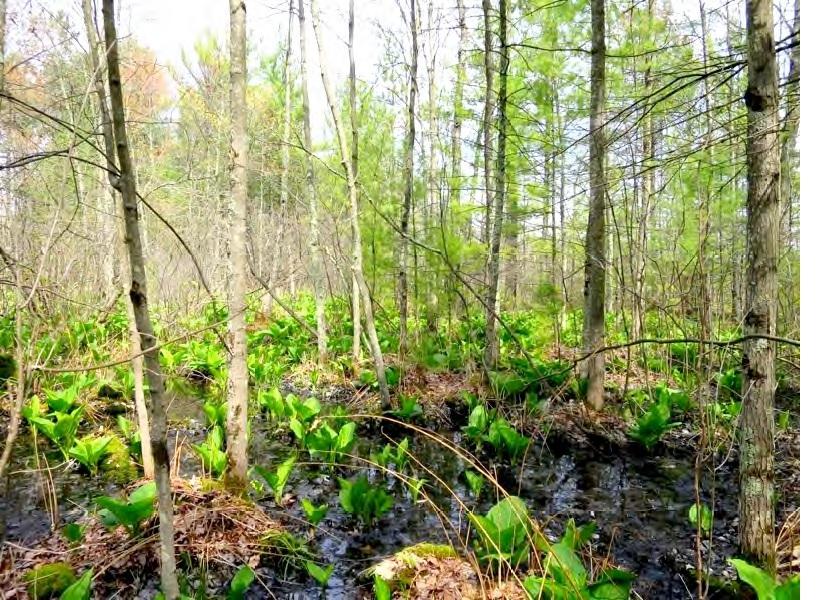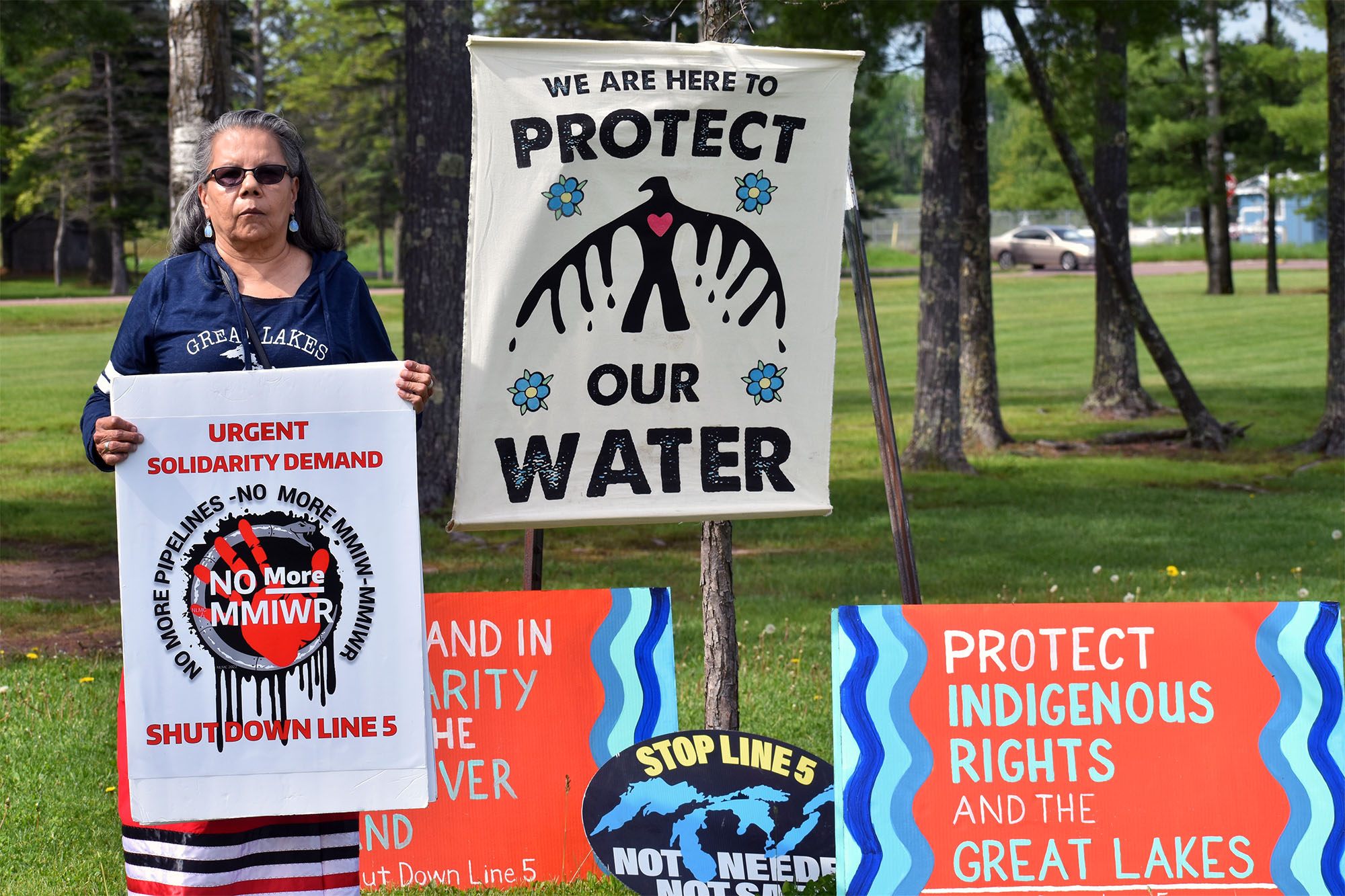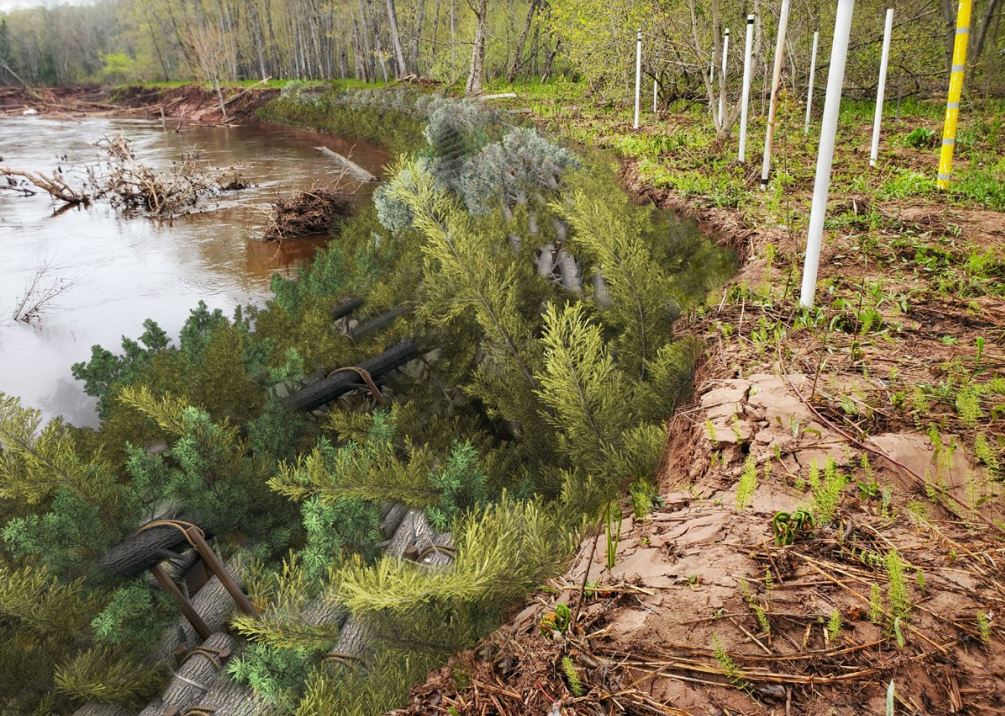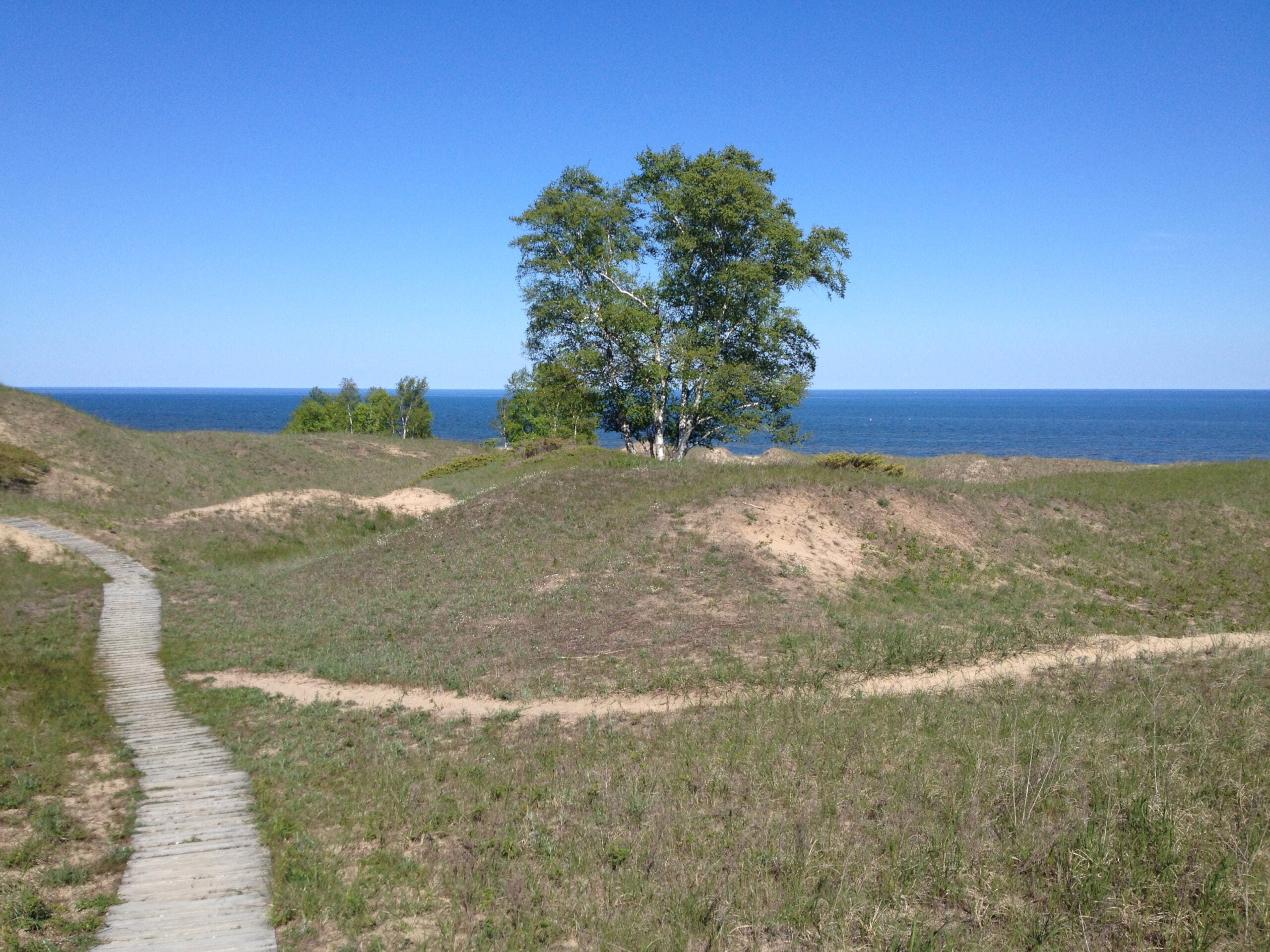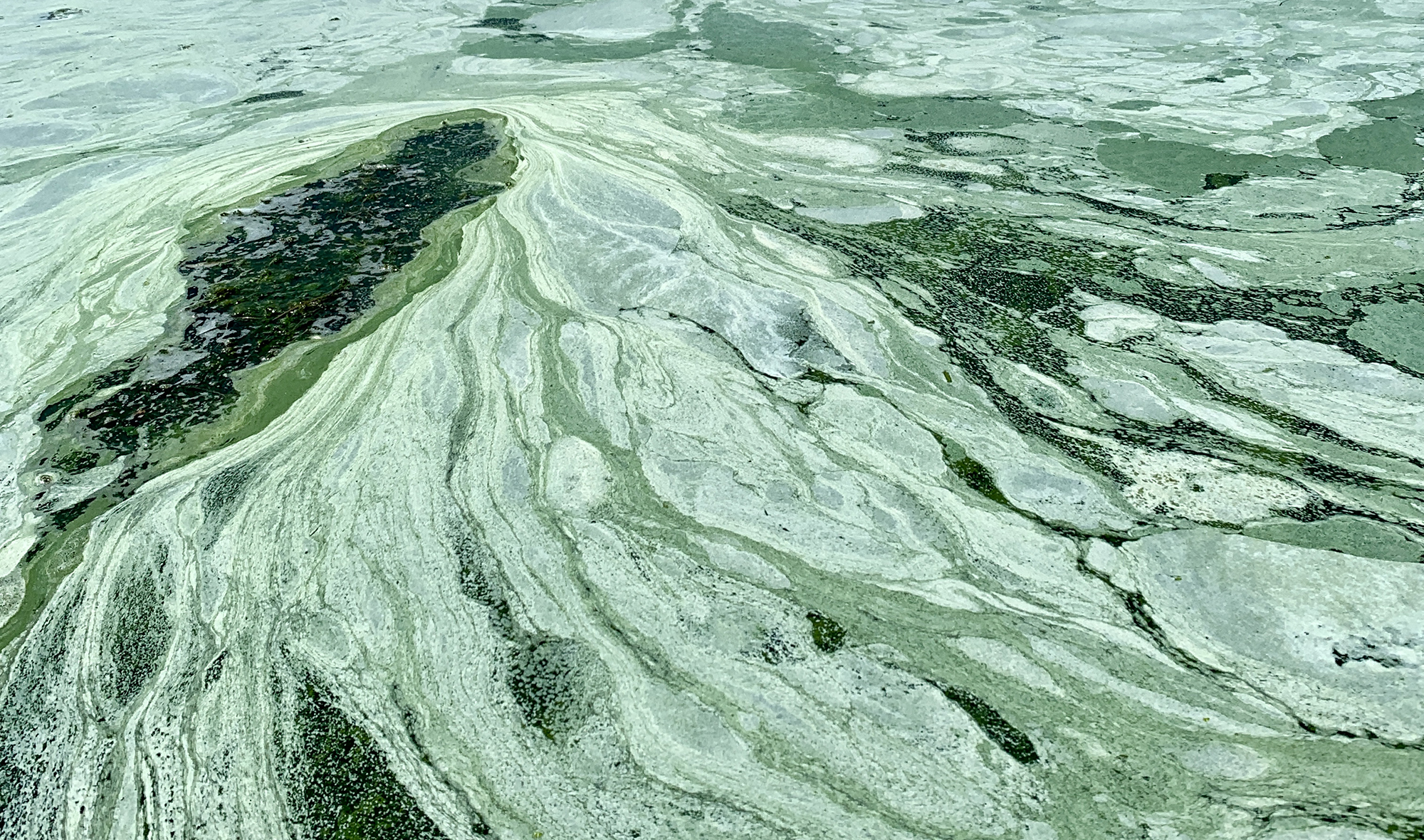The Wisconsin Supreme Court won’t hear a Georgia company’s request to reinstate a key permit to fill wetlands as part of a plan to build a $75 million frac sand operation in Monroe County.
The state’s high court denied the company’s petition to reconsider lower court rulings on Wednesday. Supreme Court Justice Rebecca Bradley dissented in the one-page decision.
In December, a state appeals court panel rejected Atlanta-based Meteor Timber’s request to reinstate a permit to fill 16 acres of wetlands. The company sought the permit as part of plans to build a sand processing and rail loading facility.
Stay informed on the latest news
Sign up for WPR’s email newsletter.
The Wisconsin Department of Natural Resources issued the permit in 2017 under former Republican Gov. Scott Walker’s administration despite objections from agency staff due to rare forested wetlands at the site.
“We are disappointed in the Court’s decision,” John Behling, the company’s local counsel, said in a statement. “The project creates jobs, opportunities and most importantly, more wetlands. The mine site is permitted, and we are reviewing our options. Meteor Timber remains committed to economic development in Wisconsin.”
Meteor Timber planned to preserve more than 600 acres of wetlands as part of the proposed frac sand operation, which was anticipated to create 100 jobs. But the operation faced fierce opposition from environmental groups and the Ho-Chunk Nation, which challenged the permit issued by the DNR.
Midwest Environmental Advocates, or MEA, who represented the Ho-Chunk Nation in challenging the permit, said the Wisconsin Supreme Court’s decision ends the company’s attempt to destroy the rare forested wetlands after nearly five years of litigation.
“They must submit basic data about the soils and hydrology of the wetlands they want to fill, so that those values can be assessed. And, more importantly, so that the impacts to those values can be mitigated, and that assessment is required before a permit is issued,” said MEA attorney Rob Lee. “But, DNR, under the Walker administration tried to get around that missing information by granting the permit, and then just putting conditions in there that that information could be submitted at a later date. That’s unlawful.”
An administrative law judge ruled in 2018 that the DNR improperly signed off on the wetlands fill because the agency lacked enough information to determine environmental impacts. Wisconsin Public Radio previously obtained records showing DNR employees felt pressured to approve the permit even though they said the agency didn’t have enough information about the company’s plans to mitigate wetlands.
Conroy Greendeer, Jr., a legislative representative of the Ho-Chunk Nation, said the company’s permit was “clearly deficient.”
“We won’t take any time to rejoice — this planet is still suffering from over exploitation. Our next generations simply will not survive if we allow polluters to contaminate our beautiful landscape without remediation and without remorse,” Greendeer said in a statement. “While Meteor Timber may have lost this case, it is the Earth that bears the scars of the battle.”
Meteor Timber appealed the administrative law judge’s decision to the DNR. The agency dropped its review of the matter, contending the issue was best left for the courts to decide.
The company then took the DNR to court over the permit. A Monroe County judge denied Meteor Timber’s request to reinstate the permit last year, and that decision was upheld by a Wisconsin appeals court panel in December.
“This case is now over, but the struggle to protect Wisconsin’s waters, including wetlands, is not,” Evan Feinauer, an attorney for Clean Wisconsin, said in a statement. “Clean Wisconsin will continue working to protect wetlands, rivers, lakes and streams by ensuring that DNR follows both the law and science when issuing permits. Every wetland we can protect is an enormous victory.”
Since the company first applied for the permit, Wisconsin sand mines have struggled as they began facing competition from frac sand mining operations near Texas oilfields in 2017. Oil and gas companies shifted away from using Wisconsin sand to save on shipping costs.
As a result, state mines idled operations and some companies filed for bankruptcy, including Texas-based Hi-Crush, Inc. The company recently sold its more than $100 million facility in Blair to Smart Sand Inc. for $6.5 million.
Wisconsin Public Radio, © Copyright 2025, Board of Regents of the University of Wisconsin System and Wisconsin Educational Communications Board.
